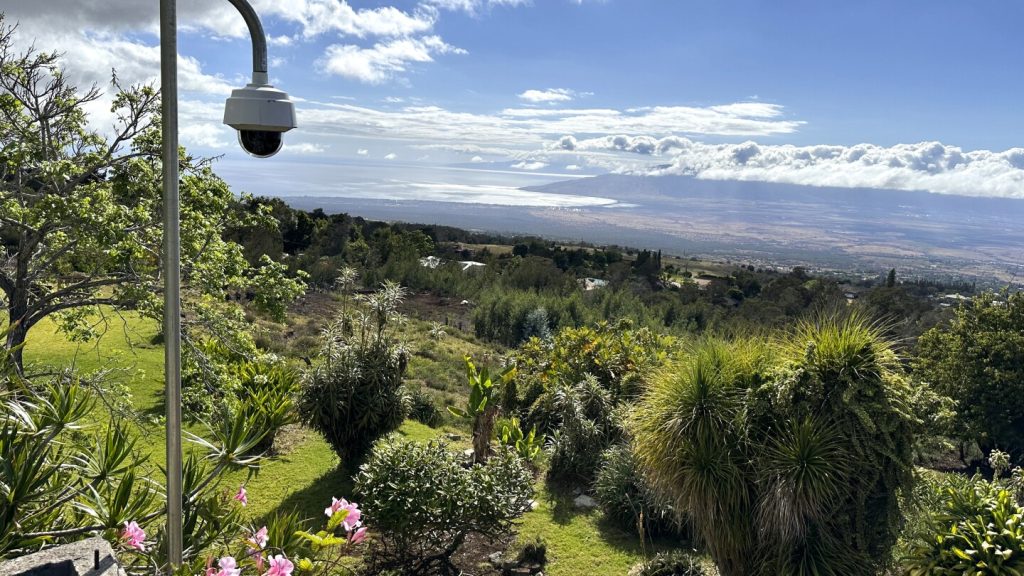Residents of the Maui mountain town of Kula are taking proactive measures to prevent future wildfires after a devastating blaze last August destroyed 19 homes. In the aftermath of the fire, residents received training on how to tap standpipes to combat flames themselves if needed, showcasing a self-reliance mindset that has taken hold in the community. This collective effort is aimed at ensuring that everyone is prepared and ready for any potential future fires, with residents standing watch, clearing debris, and installing cameras to monitor for any signs of fire.
While the wildfire in Kula was smaller in scale compared to the one that hit Lahaina, which resulted in 102 fatalities and the destruction of thousands of homes, the community’s response to the disaster has been a lesson in community-led recovery. Residents have been actively involved in protecting their homes from flare-ups, clearing debris, and restoring burned forests by launching a nursery for native plants. This effort not only helps in rebuilding infrastructure but also strengthens the social fabric of the community, creating a sense of unity and safety in times of disaster.
Residents like Kyle Ellison have taken initiative by starting a nonprofit organization, Malama Kula, to address the needs of fire victims and enhance the town’s fire safety measures. The organization has installed smoke detection cameras and advocated for better water system maintenance to ensure adequate pressure during emergencies. With a focus on community action and self-protection, residents are pushing for proactive measures to safeguard their homes and environment from future disasters, rather than waiting for official intervention.
The residents of Kula have also been diligent in identifying and addressing weaknesses in the water system, such as leaks and insufficient pressure. Efforts to fix these issues have highlighted the importance of community vigilance and accountability in ensuring the safety and resilience of the town. Nonprofit organizations like the Kula Community Watershed Alliance are actively working to restore native forests and mitigate fire risks by replanting indigenous species and clearing invasive vegetation, showcasing the power of local initiatives in environmental conservation.
Through the collective efforts of community members and nonprofit organizations, Kula is making strides in post-disaster recovery and ecological restoration. By securing funding, implementing restoration projects, and engaging volunteers, residents are actively contributing to the healing of the land and the enhancement of fire resilience in the area. The proactive approach taken by residents, in collaboration with local authorities and federal agencies, emphasizes the importance of community involvement in disaster recovery and ecosystem conservation efforts.
As climate change and ecological collapse continue to pose challenges for communities across the country, the example of Kula serves as a model for proactive, community-driven action in the face of disasters. By prioritizing environmental protection, social cohesion, and sustainable practices, residents of Kula are not only rebuilding their homes but also creating a resilient and thriving community that is ready to face future challenges. The ongoing efforts to restore forests, improve water systems, and increase fire safety measures reflect a commitment to long-term sustainability and the well-being of the community.


